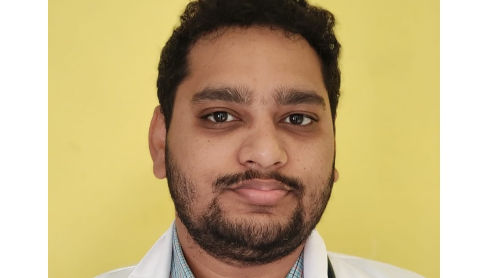- Home
- Speciality specific Q&A
- Cardiology
- Heart Disease
I recently had an echo test and it showed Grade 1 diastolic dysfunction and mild mitral regurgitation. My ECG also has prominent R waves and my blood pressure is pretty high at 130100. I'm only 29 years old and I'm really concerned about what all this means for my health. Is there something serious going on here? What steps should I take next?
I recently had an echo test and it showed Grade 1 diastolic dysfunction and mild mitral regurgitation. My ECG also has prominent R waves and my blood pressure is pretty high at 130100. I'm only 29 years old and I'm really concerned about what all this means for my health. Is there something serious going on here? What steps should I take next?
I recently had an echo test and it showed Grade 1 diastolic dysfunction and mild mitral regurgitation. My ECG also has prominent R waves and my blood pressure is pretty high at 130100. I'm only 29 years old and I'm really concerned about what all this means for my health. Is there something serious going on here? What steps should I take next?
it could be due to electrolyte imbalane ,hypertension and valvular heart diseases.Paient is advised for low salt intake , high potassium intake , regular aerobic exercises , also alcohol and smoking cessation




